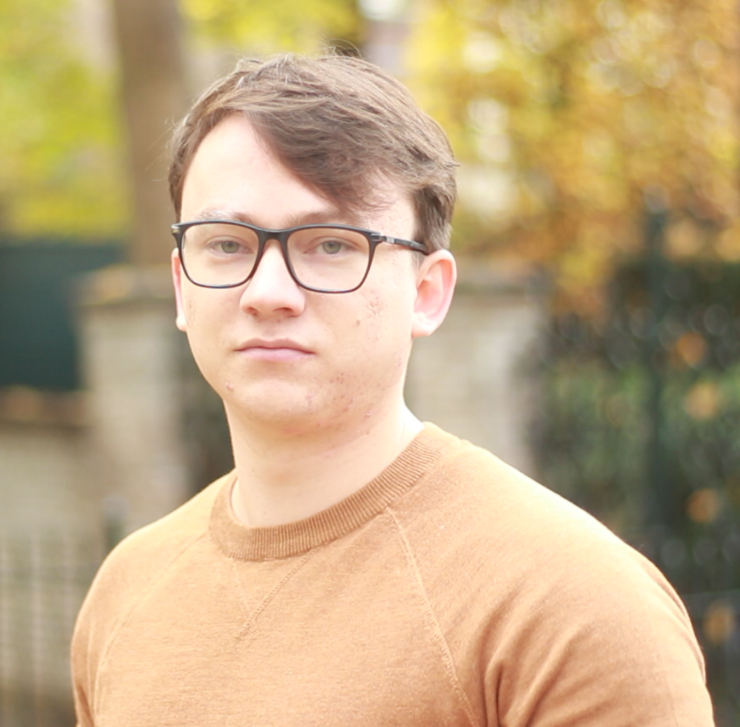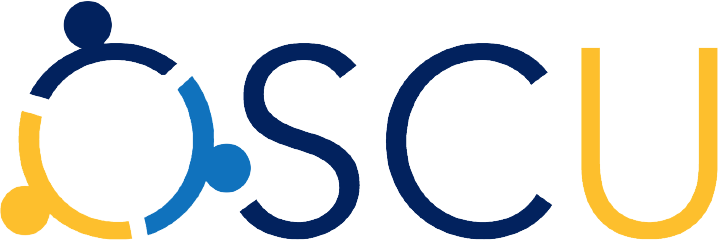News, Blog and Podcast
The Road to Open Science Continues…

Welcome to the sequel to the Road to Open Science! You might know the Road to Open Science as the podcast first presented by Sanli Faez and later by Bianca Kramer and Jeroen Bosman. You can find the first few episodes here and I would highly recommend that you give them a listen as these episodes touch upon the foundations of Open Science and are now perhaps more relevant than ever. In the meantime I, Stefan Gaillard, will continue the Road to Open Science project with some help from Bianca and Jeroen, albeit in a slightly new format. In addition to podcasts, I will also work on written texts, vlogs and whatever else might seem like an interesting format. Below you can find a textual interview with myself.
What is your scientific background?
‘I come from a diverse scientific background: I have expertise in history, philosophy and psychology. Right now, I mostly work on history and philosophy of science. Combining these multidisciplinary interests into a transdisciplinary framework hasn’t always been easy. I took part in the Graduate Honours Interdisciplinary Seminars, which really helped me to unify multiple aspects of various fields and taught me how to apply interdisciplinary theory and methodology to scientific challenges.
Having completed this honors program, I am currently investigating the psychological aspects of susceptibility to fake news – together with an interdisciplinary team of multiple students and professor Michael Burke. I believe we need interdisciplinarity to properly understand and contribute to Open Science, while at the same time Open Science enables interdisciplinary research. I was already interested in Open Science before really exploring interdisciplinarity, though.’
What motivates you?
‘What always drives me is a probably somewhat naïve optimism. An optimism related to a more open, free society. In my opinion, it’s impossible to separate science from things like government, the private sector, and culture. For example, independent science (an unreachable ideal that we must continuously strive for) is only possible under conditions that are dependent on the role of government and companies in society. This role in turn depends on cultural attitudes among the citizens of the countries in which these governments and companies operate.
I truly believe that in the complex system that the modern world has become, decentralization, bottom-up initiatives, and diversity of all kinds enable us to adequately address contemporary challenges. The Open Science Community Utrecht is precisely such a bottom-up initiative, and I am incredibly excited to work with them.’
How else does this motivation relate to Open Science and Scholarship?
‘What I find most attractive about Open Science and Scholarship (sometimes used interchangeably with Open Science) is the idea that it enables forms of citizen science, citizen medicine and citizen journalism; in essence, open science and scholarship provides critical civilians of all stripes with the tools necessary to hold scientists and politicians accountable. This might be an unpopular opinion in the age of widespread fake news coverage and increased polarization with regards to manmade climate change, but I wholeheartedly believe in a healthy symbiosis between laypeople and professionals.
I wholeheartedly believe in a healthy symbiosis between laypeople and professionals.
A nice example of this at our own university is the Nieuwe Utrechtse School (New Utrecht School), a medical humanities initiative that brings medical professionals, patients and humanities scholars together. While the theories and methods are grounded in academic medical, narrative and phenomenological theories, the viewpoint of the patient is continuously taken into account. The input of the layperson is crucial for the professional, who in turn helps the layperson with their healing or coping process.’
What can we expect on this science blog?
‘As I wrote earlier, you can expect many different formats on this blog, ranging from written texts to podcasts and vlogs. I will cover global trends in Open Science, but my primary focus will remain on open manners in the Netherlands and Utrecht specifically.
A sample of the next few posts hopefully illustrates this diversity. These coming months, you can enjoy an interview with Christopher James Stevens, initiator of the #NoFeeScience; a roadmap by data visual computing scientist Victor Schetinger; and interviews with the Open Science ambassadors at Utrecht University.
However, there is still room for much more! I hope to engage with academics from all fields with regards to open manners. I encourage you all to leave comments with your critical thoughts or questions on this website and/or on Twitter. If you would like to see an entry on a particular subject, would like to be interviewed or if you want to provide a guest post, please mail me.
Thank your for reading this blog entry. If you want to stay updated, do keep an eye on this website, the Open Science Community Utrecht newsletter and follow us on Twitter.

